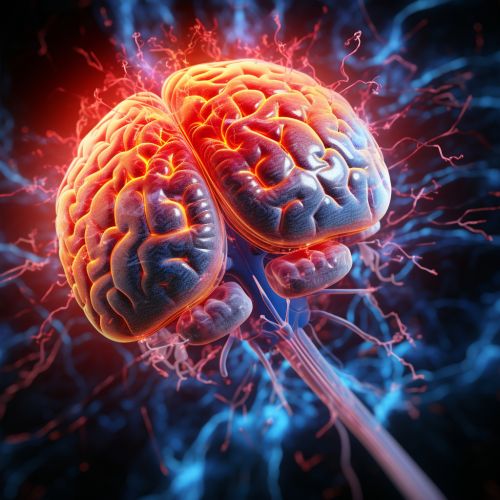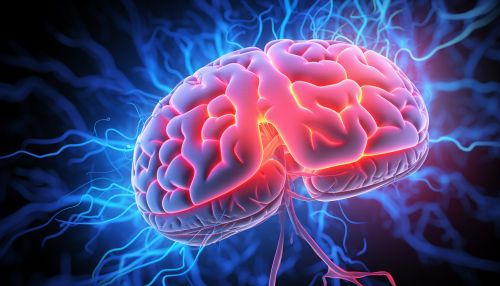Inflammation and Depression
Introduction
Inflammation and depression are two interconnected health conditions that have been the subject of extensive research in the field of psychoneuroimmunology. This article explores the complex relationship between these two phenomena, delving into the biological mechanisms that link them, and the implications for treatment and prevention strategies.


Inflammation: An Overview
Inflammation is a biological response triggered by the immune system to protect the body from harmful stimuli such as pathogens, damaged cells, or irritants. It is a complex process involving various cellular and molecular mechanisms. Inflammation can be classified into two types: acute and chronic. Acute inflammation is a short-term response that typically resolves once the harmful stimulus is eliminated. Chronic inflammation, on the other hand, is a long-term condition that can last for several months or even years.
Depression: An Overview
Depression, formally known as major depressive disorder, is a common mental health disorder characterized by persistent feelings of sadness, loss of interest in activities, and difficulty in performing daily tasks. It is a complex condition with various contributing factors, including genetic predisposition, environmental stressors, and biological factors. Depression can significantly impact a person's quality of life and is associated with a range of physical health problems.
The Link Between Inflammation and Depression
Research has shown a significant correlation between inflammation and depression. Several studies have found that individuals with depression often exhibit elevated levels of inflammatory markers, such as C-reactive protein (CRP) and interleukin 6 (IL-6). Furthermore, individuals with chronic inflammatory conditions, such as rheumatoid arthritis or inflammatory bowel disease, have a higher prevalence of depression compared to the general population.
Biological Mechanisms Underlying the Inflammation-Depression Connection
The biological mechanisms linking inflammation and depression are complex and multifaceted. One key mechanism involves the activation of the immune system's inflammatory response, which can impact brain function and lead to depressive symptoms. This process is mediated by pro-inflammatory cytokines, small proteins that play a crucial role in cell signaling during the inflammatory response.
Another mechanism involves the hypothalamic-pituitary-adrenal (HPA) axis, a major part of the neuroendocrine system that controls reactions to stress and regulates various body processes. Chronic inflammation can disrupt the normal functioning of the HPA axis, leading to an overproduction of cortisol, the body's primary stress hormone. This can result in a range of physiological changes that contribute to the development of depression.
Treatment and Prevention Strategies
Understanding the link between inflammation and depression has significant implications for treatment and prevention strategies. Anti-inflammatory drugs, such as nonsteroidal anti-inflammatory drugs (NSAIDs) and corticosteroids, have been shown to reduce depressive symptoms in some individuals. Furthermore, lifestyle modifications that reduce inflammation, such as a healthy diet, regular exercise, and stress management, may also help prevent or alleviate depression.
Future Directions
While the link between inflammation and depression is well-established, many questions remain. Future research is needed to further elucidate the complex biological mechanisms underlying this connection, identify potential biomarkers for depression, and develop more effective anti-inflammatory treatments for depression.
